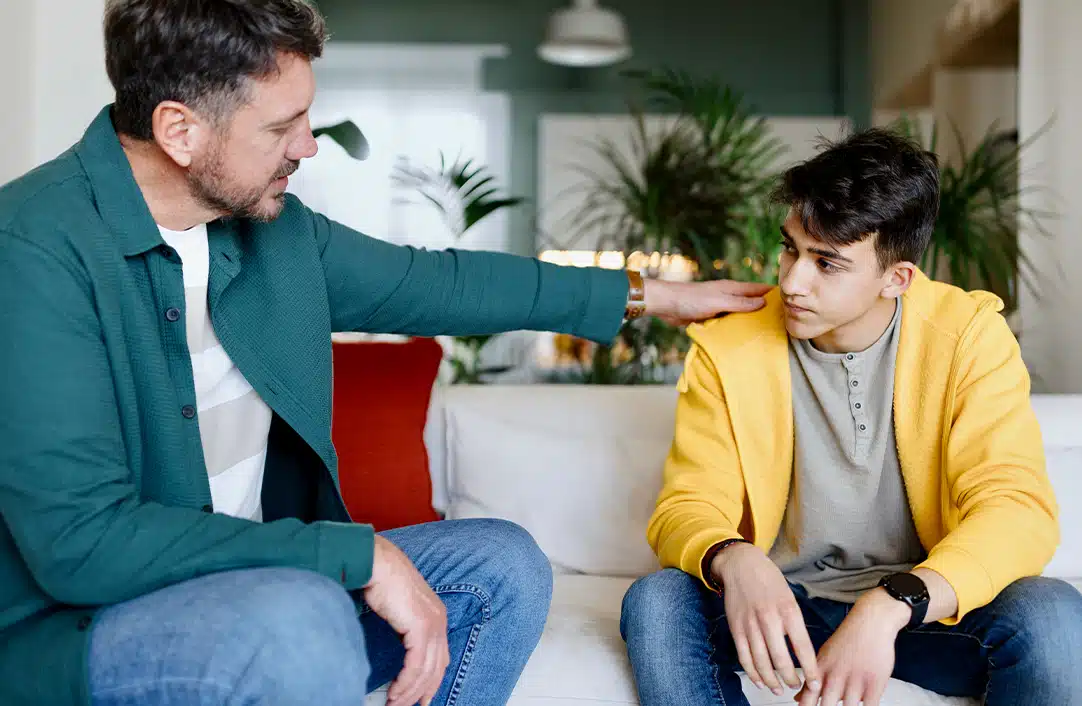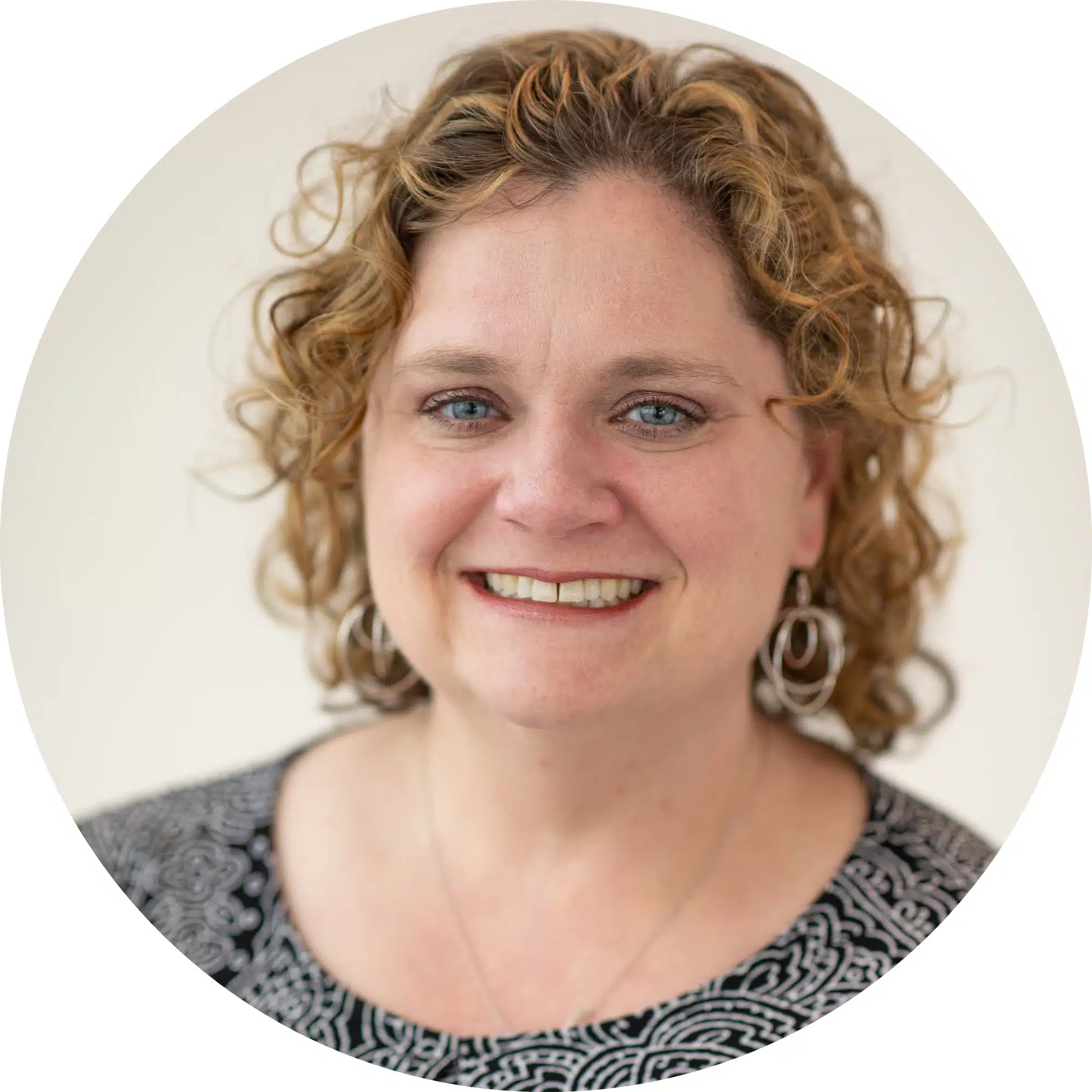As a clinician on the Saprea Clinical Intake team, I am often the first point of contact for anyone seeking one of our services. This gives me the opportunity to talk to many survivors of child sexual abuse. I’m often asked about specific effects of sexual abuse that the women I talk to are experiencing. The most common question is: Is this normal? The answer to that question is yes! While each person’s trauma history is unique to them, the effects are often similar.
Something that can be frustrating for survivors and their loved ones is the fact that the effects of child sexual abuse can last into adulthood. Our brains are amazing at keeping us safe, and when trauma occurs in childhood, our brains can get confused about what is considered “dangerous.” (See video about the effects of trauma on the brain.) Our brains may interpret something associated with the trauma (often called trauma triggers), like a song or a smell or a sound, and react as if we are still in that dangerous situation.
Common Reactions to Child Sexual Abuse
How Survivor's Brains React to Sexual Abuse
You may be asking yourself, “How do the effects of child sexual abuse like panic attacks, dissociation, or emotional numbness keep me safe?” Because our brains are experts at safety, a trauma trigger can move our brain into a survival response such as flight, fight, or freeze. For those who experience panic attacks, you may notice the desire to run away from a situation (flight) or defend yourself in an argument (fight). For those who experience dissociation or emotional numbness, you may notice a desire to check out of a situation or feel like you cannot move (freeze).
Another way our brain works to keep us safe is to lead us to avoid pain and seek pleasure. Therefore, some survivors may have effects of child sexual abuse that include unhealthy behaviors or unsustainable coping skills. Many survivors talk about engaging in behaviors such as overeating, excessive sleeping, or zoning out on a device to cope with uncomfortable feelings. The more someone uses these behaviors, the more our brain can come to rely on them for comfort and safety.
Our brain is amazing at caring for us, and while it can be frustrating that some of these effects of child sexual abuse occur, there is hope. There was a time we believed once the brain was fully developed, it could not be changed. We have since discovered this is untrue. Through a process called neuroplasticity, we can combat the effects of child sexual abuse. With patience, self-compassion, time, support of loved ones, and work, our brain can change and grow so we can feel more in control of our reactions.
How Saprea Can Help Survivors of Child Sexual Abuse
At Saprea, our mission includes teaching others about the effects of child sexual abuse, how to create healthier behavioral patterns, and how to manage survival responses when they are not needed. Using the most up-to-date research, Saprea has created many resources for survivors of child sexual abuse and their supporters.

Saprea Retreat
The Saprea Retreat is a free, 4-day clinically informed experience followed by a self-guided online course specifically designed for women who were sexually abused as children or teenagers. The retreat has three purposes:
- One, to learn about how having a history of child sexual abuse can impact someone as an adult.
- Two, the opportunity to apply healing tools.
- Three, to build a community of support with other women who have have experienced something similar.

Saprea Healing Webinar

Saprea Support Groups

Saprea Online Resources
About the Author
Sarah Burton, CMHC
Director of Clinical Outreach Services
Recent blogs

Common Symptoms Experienced by Adult Survivors of Child Sexual Abuse

Statute of Limitations on Sexual Abuse

